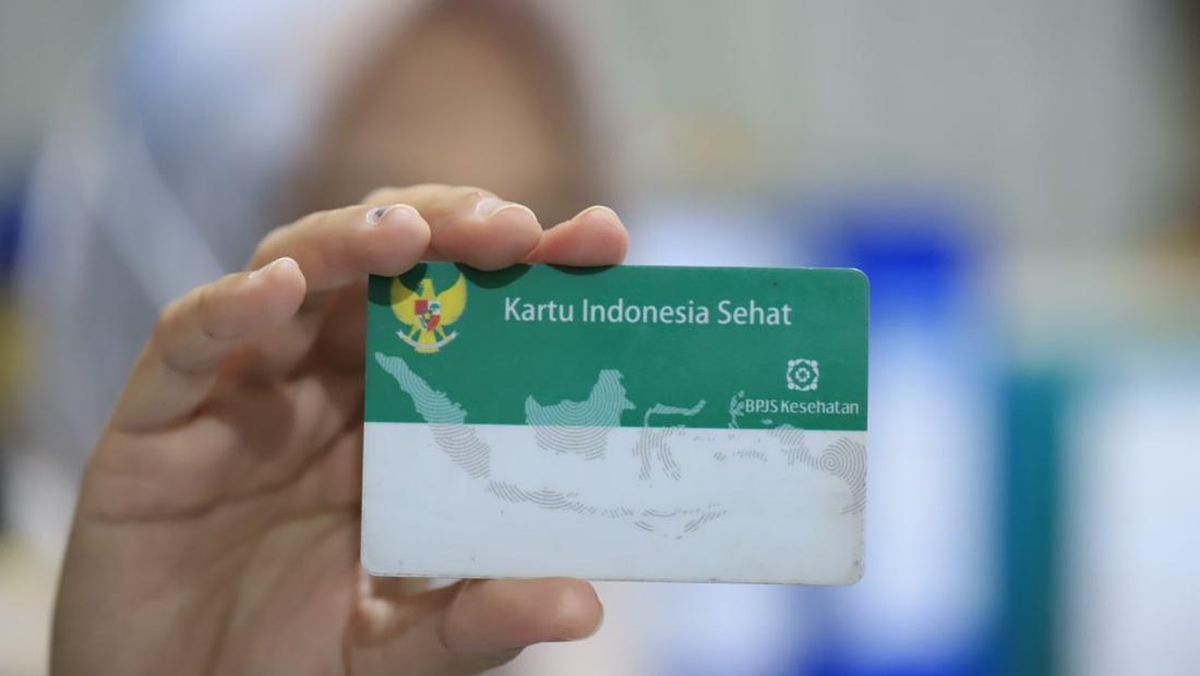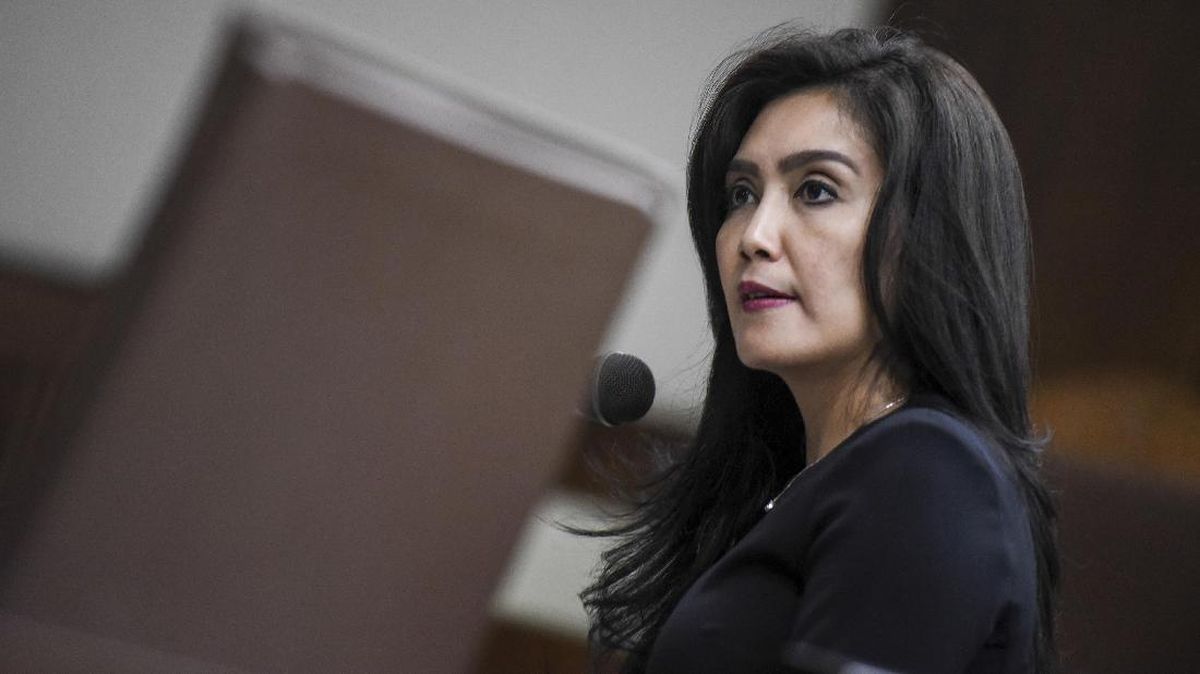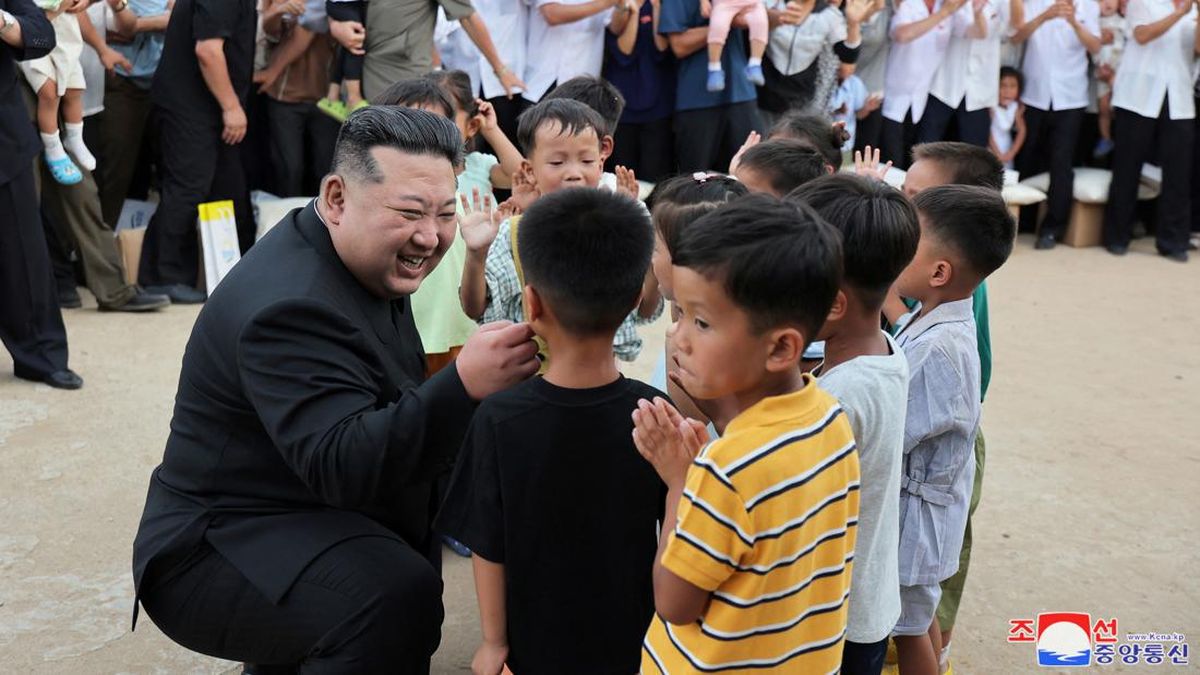Deep in my phone is a lone contact labelled with their first name only. No job title, no relevant organisation, no second name, no elusive “Kate from Yoga” or “(someone’s mum)”. And that alone tells you everything you need to know about our relationship.
That she’s an original. A BFF. My ride-or-die. My oldest friend. Not in the wise and wrinkled sense. Although we do have our moments as regards the former, and we’re well on our way when it comes to the latter. Oldest in that she was there before either of us used eye cream or learnt that skinny jeans were a mistake.

There’s something fundamentally different about the people you’ve known since braces and bad poetry. Credit: Getty images
We met in high school, originally disliking one another with a ferocity worthy of a noughties chick-flick before bonding over a mutual friend’s romantic entanglement. And that was it. We were in. Sharing teary speeches at one another’s 21st birthdays and character-building nights out dressed in slight variations of our uniform – “jeans and a nice top”. Inseparable through law school, we graduated to jobs in different cities, spending hours on the phone dissecting our careers, families and love lives.
Friendships that stretch across decades evolve in strange and wonderful ways. Early on, they’re cemented by physical proximity, regularity of contact and a mutual love of cheap laksa. But later? It takes real effort to maintain a connection. Ambitions diverge. People move. Text chains risk going quiet and phone calls are sneakily sent to voicemail. Not out of neglect but entropy.
If you’re very lucky, however, both parties understand that absence doesn’t equal indifference. And that a long-haul friendship requires gentle, dogged persistence.
In adulthood, friendship maintenance is an active choice because there are no longer routines or timetables to guarantee time together. Eventually, you learn that longevity doesn’t necessarily mean daily contact; some of my longest-standing friends are the ones I see the least. Life happens. Between partners, babies, jobs, and houseplants that require emotional support to thrive, even regular text correspondence can feel hard.
But the strongest friendships are made more resilient precisely because they’re not convenient. Keeping someone in your life for many decades requires understanding, vulnerability and a mutual tolerance for each other’s scheduling flakiness. Or at the very least, for my own.
If you survived university drinking vodka-raspberries in low-slung jeans, and forged a friendship in student politics, then you’ve built something sacred.
JAMILA RIZVISocial exchange theory suggests that human beings unconsciously undertake cost-benefit analyses of our various relationships. But I’m almost certain that the calculus of old friends produces a different kind of parabola. Old friends get a pass. The return on investment can’t be measured in favours exchanged when you’ve played the role of witness to the evolution of one another’s character.
There’s something fundamentally different about the people you’ve known since braces, bad poetry, and deep discussions about which So Fresh compilation is superior. If you survived university drinking vodka-raspberries in low-slung jeans, and forged a friendship in student politics and bathroom-stall confidences, then you’ve built something truly sacred.
Loading
Your oldest and dearest friends are the ones who keep you humble. The ones who remember when you pronounced “quinoa” as “kwin-o-a” and think you’re smart anyway. They can recall your first heartbreak, your home phone number, your original Hotmail address and how you used to dot your i’s with little hearts in year 6 (OK, year 11). They see through your adult facade and know that deep down, you’re still the same person who memorised all of S-Club 7’s dance routines.
These friends are the ones who don’t need backstory. A two-word text and they’re already 10 steps ahead, phone in hand, snacks assembled, ready to debrief. Their emotional shorthand is fluent. They know your parents, your siblings, your high-school shame, your job worries, your insecurities, your forgotten hopes and your still tightly held dreams. You don’t need to explain to someone who was there from the start.
Social scientists call it “shared self-continuity” – the sense that your life is a coherent narrative. And in this vein, old friends are like human bookmarks. They keep your place, even when you forget what page you’re on. Our longest-running relationships are central to the way we conceive of ourselves and the very narrative of our lives.
I was wrong before. Such friends are more than mere witnesses. They are co-authors and co-conspirators. Instrumental to the plot itself.
It’s well established that relationships and social connection are significant predictors of happiness and health. I suspect that is especially true of relationships that withstood your wearing-scarves-as-belts phase and remained loyal through several questionable boyfriends. Friends who don’t just love who you are but love the whole mess of who you’ve been.
So, here’s to the friends who saw our evolution from jelly sandals to platform runners, stuck with us through stilettos, and will still be there for sensible heels and orthopaedic insoles. They are the very best of us.
Get the best of Sunday Life magazine delivered to your inbox every Sunday morning. Sign up here for our free newsletter.
Most Viewed in Lifestyle
Loading


















































